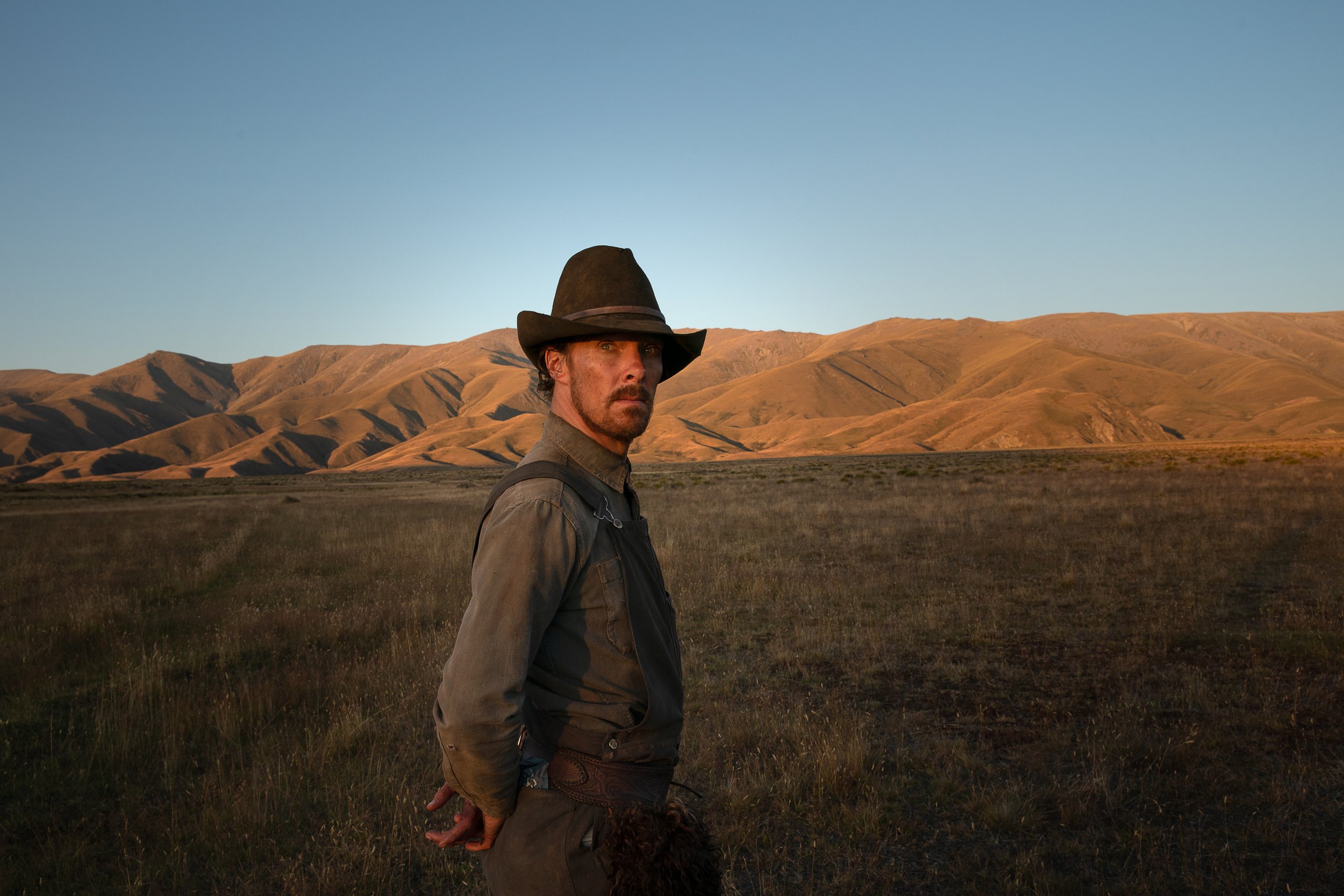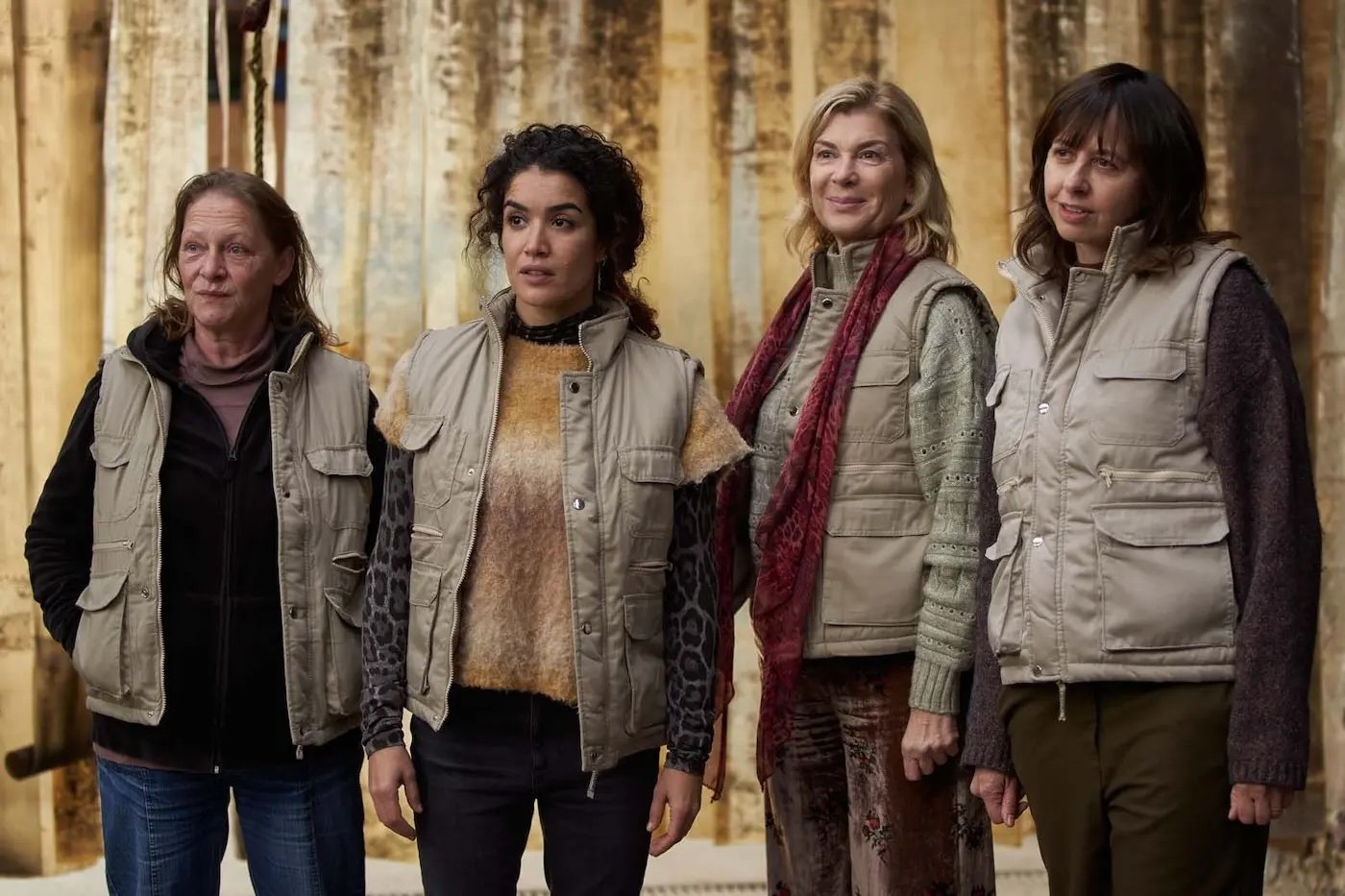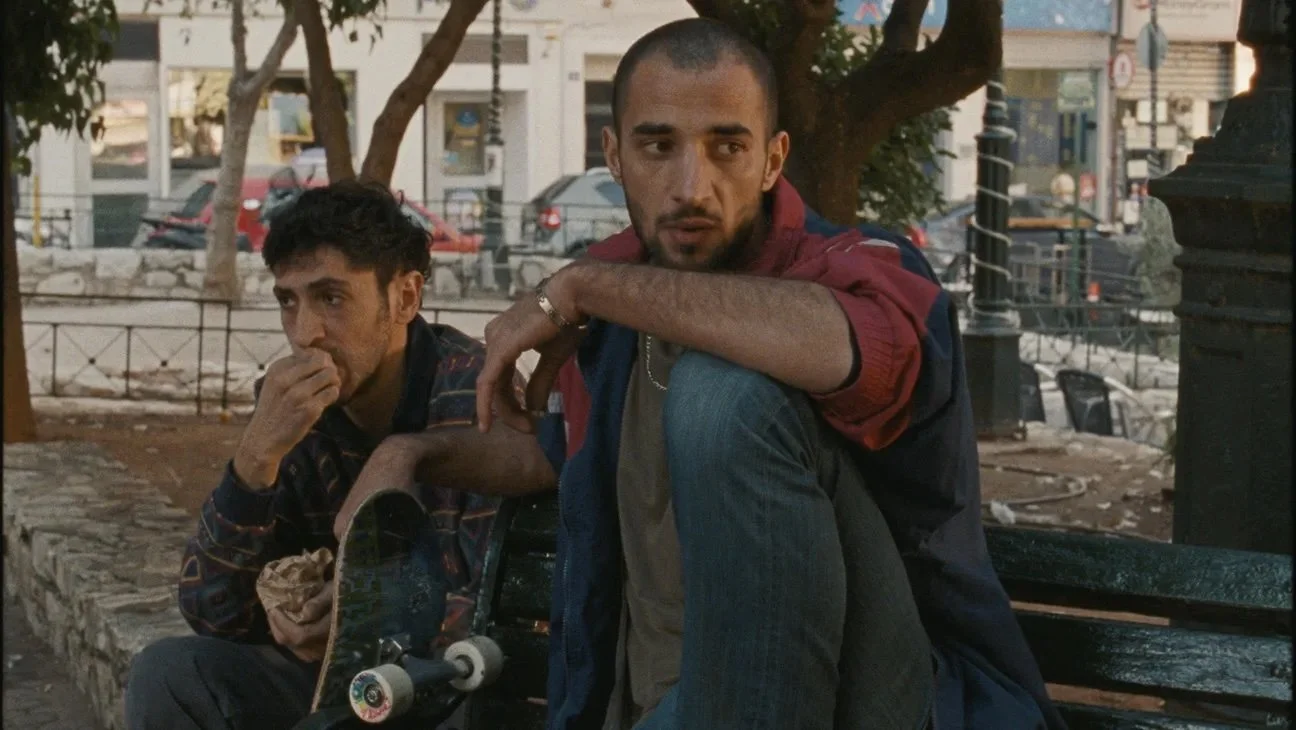Film review: Jane Campion's cleverly constructed The Power of the Dog reimagines the western
Set on a vast Montana ranch, the story takes an engrossing look at weakness and strength
Kirsten Dunst plays a woman who doesn’t quite feel at home on the range.
The Power of the Dog opens at the Vancity Theatre on November 17 and streams on Netflix starting December 1
FILMMAKER JANE Campion returns in stunning form with the dark western The Power of the Dog—and she’s even brought a highly symbolic piano with her. Just as Holly Hunter’s keyboard felt out-of-place in the rough New Zealand wilds of the director's indelible The Piano, here the baby grand stands as a lone beacon of refinement—and femininity—on a rough Montana cattle ranch.
Working from Thomas Savage’s 1967 novel of the same name, Campion slyly upends the masculine world of cowboys. As hauntingly beautiful as it is cleverly crafted, The Power of the Dog toys with all your genre expectations—and will leave you mulling its mysteries over for days.
It's 1925, and the prim widow Rose (Kirsten Dunst) has come to live on the remote ranch with her new husband, George (the reliably excellent Jesse Plemons), who runs the Burbank farm with his brutal brother Phil (Benedict Cumberbatch, playing hard against type). Until this moment, Phil has directed most of his disdain at his uppity brother; now Rose, and her gawky, oversensitive son Peter (Kodi Smit-McPhee), receive the full brunt of his cruelty. He calls her a “cheap schemer”, a “suicide widow and her half-cooked son”. He bullies Peter into riding broncos and lights his handrolled cigarettes with the boy’s intricately crafted paper flowers.
Benedict Cumberbatch plays a cruel rancher in The Power of The Dog.
When George ships in a piano for his new wife, Phil finds a new way to torment Rose—mocking her for trying to learn the tricky “Radetzky March” for a dinner party. (Showing he’s much more intelligent than he lets on, Phil is able to pick up the same ditty on his banjo in seconds.)
We know this will all end badly, but it’s impossible to define just how. Campion builds a gnawing, engrossing sense of dread. When men aren’t stretching a gutted cow between trees, its head bleeding on a butcher block, they’re castrating a bull in the dirt.
Jonny Greenwood’s chilling strings add to the broodiness as much as the sounds of the old house: the screeching sink taps, the creaking doors, the howling wind. The feel falls into a western-gothic terrain situated somewhere between Giant, Days of Heaven, and Annie Proulx’s sad and unsettling Close Range: Wyoming Stories.
Just as she conjured windswept beaches and misty rainforests in The Piano, Campion creates a Big Sky Country that feels heightened and slightly sinister—an effect that may derive from the fact the film is actually shot in New Zealand. Shadows of clouds shift across golden grass, and we see silhouettes of cattle lining hill ridges. Often Campion shoots that vast countryside through windows and lace curtains, from the point of view of the women’s more contained, domestic space.
The setting is majestic, but it’s with the small, subtle moments, captured to acute perfection by an impressive cast, that The Power of the Dog is most effective. As newly married Rose, Dunst expresses whole worlds of fear, insecurity, and anxiety without words. There are gorgeously awkward scenes between her and the unsure George; watch him linger outside a kitchen door while she sobs, or the way he observes her in curious amazement as she pulls out teacups for a picnic on a hillside. Smit-McPhee, as her teen son Peter, is alien in these surroundings—odd, intelligent, and obsessed with medical books. There’s a great scene where he hula-hoops in the dust outside his mother’s boarding house to relieve stress.
Cumberbatch has a showier role, but look for the complexities of his dust-caked cowboy to emerge—the love he puts into weaving a lasso rope, the talent he has for regaling the farmhands with stories, or the traces of jealousy in the way he watches his brother pour affection on Rose.
With their deeply unnerving standoff, Campion asks what defines strength or weakness in this masculine world—and where the outsiders, and the piano, might fit into the sheer brute energy of the ranch. The answers, and the morality, are never straightforward—a churning mess of loneliness, aspiration, shame, and desire as untamable as the range’s howling wind.















